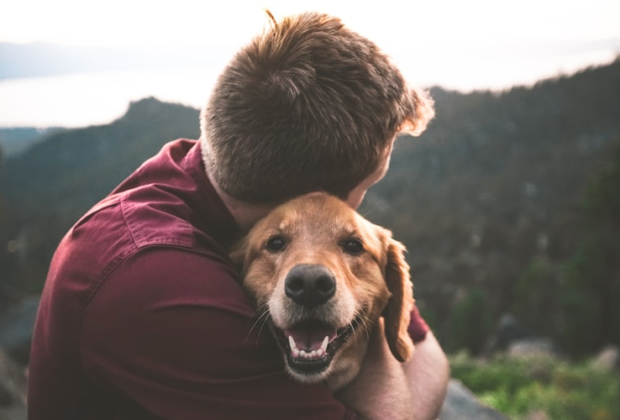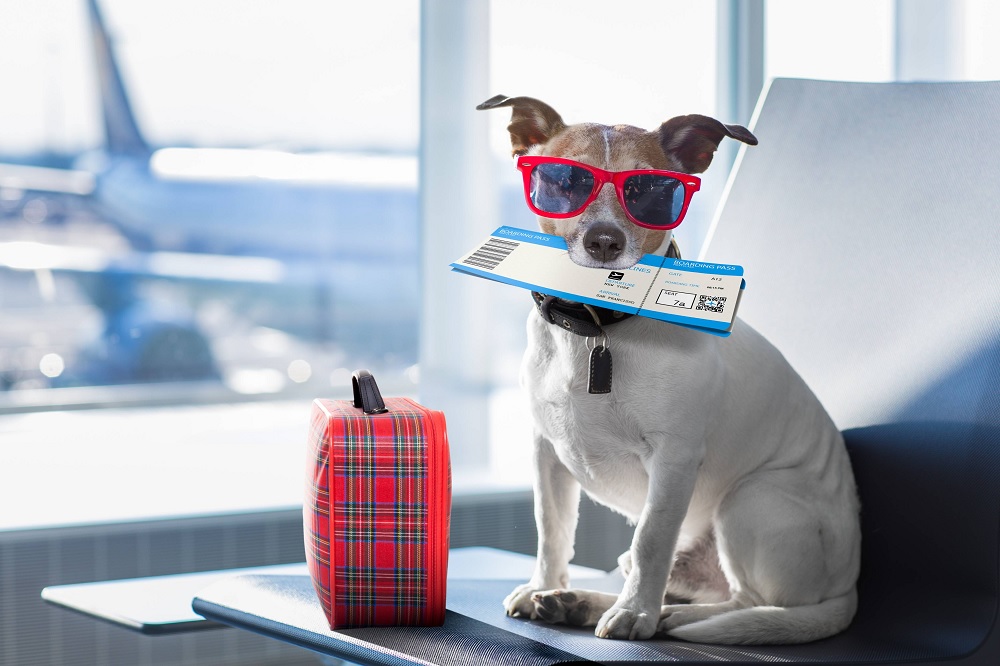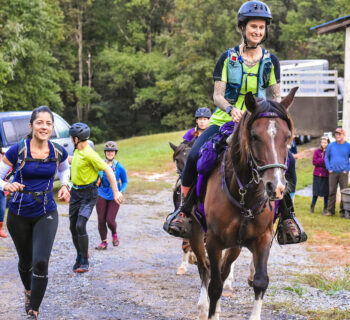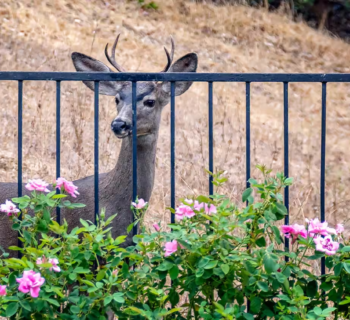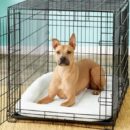Most dogs feel some level of anxiety from time to time. Dogs that suffer from excessive anxiety, however, may exhibit several troubling behaviors, including pacing, whining, barking excessively, hiding, and destructive chewing. If you're looking for ways to help ease your pup's anxiety and want to help their life again, read on for some helpful tips from Pet Candy Magazine.
How to help an Anxious Dog?
If your dog is anxious, there are a few things you can do to help.
- Provide positive reinforcement
- Avoid stimulating activities in high-anxiety situations
- Create a safe space
What can you do if your dog is not responding to treatment?
If your dog is not responding to treatment, there are a few things you can try.
Make sure that you are providing the best possible care for him by feeding him nutritious food and providing enough exercise. Try using Brave Paws Anxiety and Stress Support made of Souroubea spp and Platanus spp. bark, which is often used to help anxiety and stress and relax your pup.
Studies have shown that a clinically proven blend of organic herbs has helped relieve behavioral and performance stressors in animals. The formula is a fast-acting thing, providing relief from anxiety, irritability, and hyperactivity.
Exercise your pup regularly. A tired dog is usually a calm dog. Exercise helps reduce anxiety by releasing endorphins, which are hormones that promote relaxation and well-being. Take your dog on short walks or playtime sessions several times per day. Avoid exercise extremes – too much activity will only create more stress for your pup.
Tips for Handling an Anxious Dog in Public
Here are some tips to help you cope with an anxious dog in public:
- Your dog is properly socialized.
- Praise your dog when they're behaving well.
- Use positive reinforcement training techniques.
Conclusion
One of the most important things you can do is provide them with plenty of positive reinforcement for good behavior. This will help reinforce that good behavior is something they should continue to pursue, and will hopefully decrease the chance that they'll become discouraged or frustrated when faced with difficult situations. Ultimately, the goal is to find strategies that work for your specific pup, and that will help them feel comfortable and confident in their surroundings.

